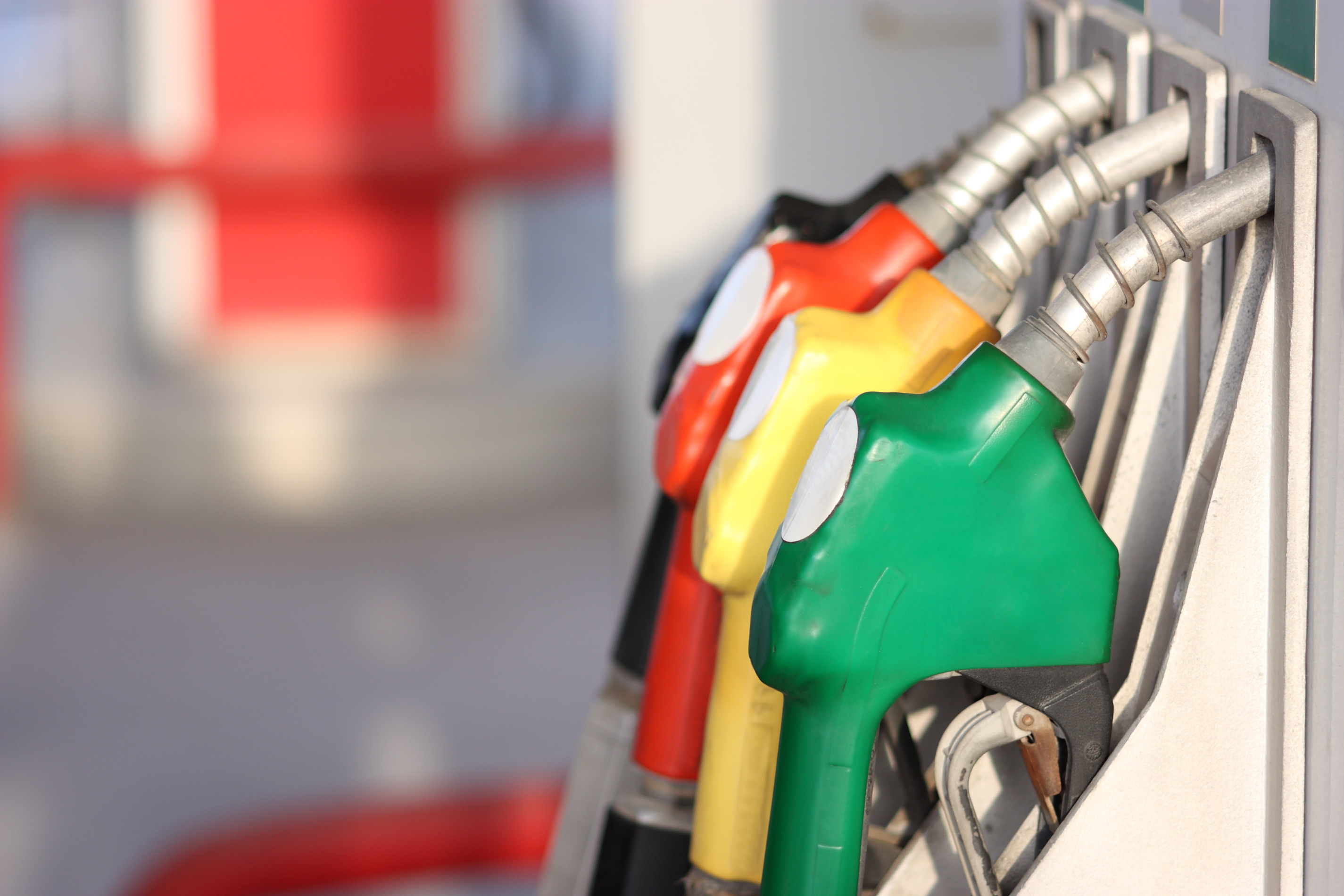

Oil companies and automakers are quietly collaborating to get higher-octane fuel into pumps all across the country. They’re pushing for higher octanes for their obvious benefits like extracting more power from less gas to meet rising mpg requirements and reduce emissions. The challenge is how to break the news to the public without tipping them off to the fact that it will cause a rise in gas prices across the board.
Why would it affect the price of regular fuel? It’s likely that when a 100-octane fuel is introduced, 87 octane—the current “regular” grade gas—will be phased out. The idea is to make every car on the road burn higher-octane gas reducing CO2. Unfortunately, if your car wasn’t specifically engineered for higher-octane fuel, the difference in performance and efficiency will be minimal.
GM global propulsion systems chief Dan Nicholson said last year, “Higher-octane fuels are the cheapest CO2 reduction. Fuels and engines must be designed as a total system. It makes absolutely no sense to have fuel out of the mix.”
This is a small step towards clean energy while automakers continue innovating and working out the kinks of alternative fuels. Since internal combustion is still very much the standard, the industry is doing what it can to make that fuel cleaner.
While this might be unfortunate news for drivers on a tight budget, it’s pretty good news for enthusiasts with high-power cars. With octanes around 100 more widely available, you’ll be able to squeeze all 840 horses out of your Dodge Challenger SRT Demon rather than settling for a mere 808 horsepower on 91 octane fuel.